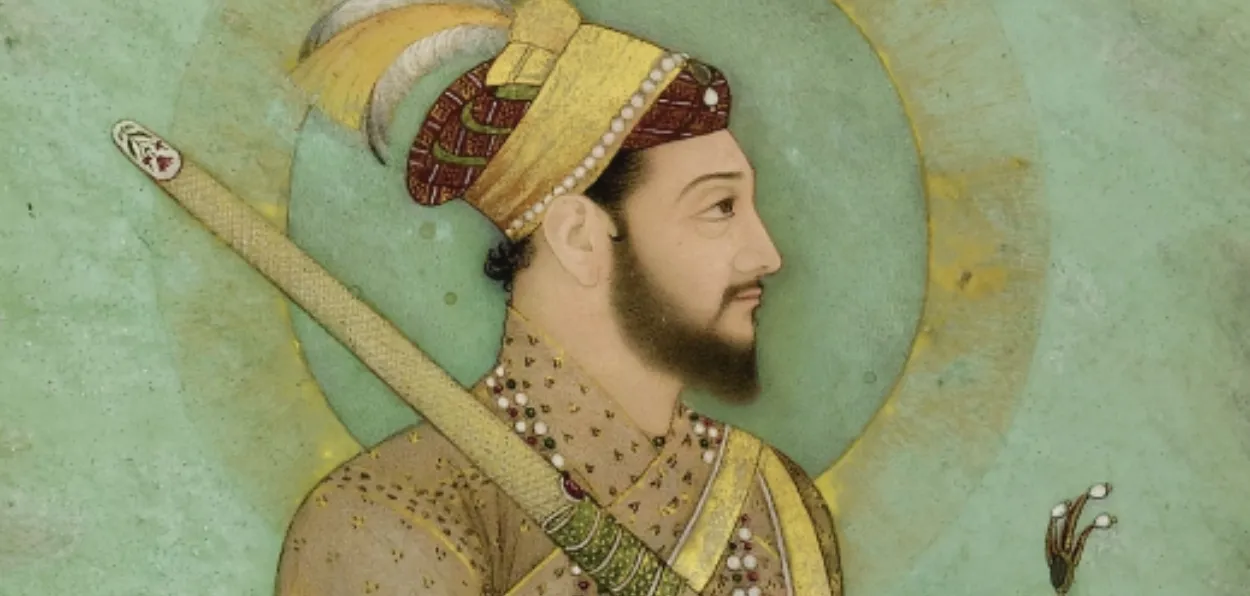
Ruchika Arora
Recent headlines have once again made history a major topic of public debate —whether it's the controversy surrounding Gyanvapi Mosque, the debates over Aurangzeb's legacy, or the disputes over historical narratives.
India is in a moment where its past is being unearthed through heated debates on television shows. The intensity of these debates reflects a deeper struggle over identity, memory, and belonging, as different groups claim historical truths that shape contemporary politics.
At a time when communal tensions threaten to overshadow India’s legacy of coexistence, one name often remains absent from these debates: Dara Shikoh. His is a legacy of synthesis, dialogue, and vision where knowledge from different traditions could come together. Yet, interestingly, his final resting place remains unknown; an indicator of how his vision has been lost in modern India.
Dara Shikoh, the eldest son of Shah Jahan, was a scholar and a bridge between cultures, in particular Islam and Hinduism. Unlike his brother Aurangzeb, who seized the Mughal throne, Dara imagined an India where Hindu and Muslim philosophies amalgamated. This was reflected in many of his works, the most notable ones being Majma-ul-Bahreen (The Confluence of the Two Oceans) and the Persian translation of the Upanishads - Sirr-e-Akbar (The Great Secret). In Majma-ul-Bahreen, Shikoh wrote about the two oceans being Islam and Hinduism and concluded that the difference between the two was only words and voice.
In Sirr-e-Akbar, 50 Upanishads were translated from Sanskrit into Persian, by gathering several pandits and sages, experts in Upnishda - at Banaras. He wanted to make these Hindu philosophical texts accessible to Muslim and Hindu scholars.
This was a powerful statement that demonstrated Vedic and Islamic spiritual traditions were connected. He believed in a shared spiritual tradition that went beyond religious divides. However, those in power at the time saw his ideas as a threat, which led to his downfall. His vision was progressive and confronted traditional beliefs about religion and power. As a result, Dara Shikoh became a target of his political and religious rivals.
As India grapples with its historical narratives, it raises an important question: Which Mughal personality should we remember? Aurangzeb is often remembered as a ruler who destroyed temples and enforced policies that deepened communal divisions. His reign, known for wars of expansion and rigid religious policies, is often compared to that of his ancestors, particularly Akbar.
Have we neglected the contrasting Mughal vision that Dara Shikoh represented? His writings and translations, if explored today, could provide a meaningful contrast to the divisive narratives often linked to India's Islamic past. They remind us that history is not fixed but shaped by different outcomes, each with the potential to lead to a different future.
Dara Shikoh was not just an intellectual. He was a statesman determined to turn his vision into reality. His court brought together scholars from different backgrounds, encouraging discussions that modern India could learn from. He saw no conflict in studying Hindu scriptures. Instead of focusing on religious differences, he focused on shared knowledge.
Ironically, just as his vision was erased from history, his final resting place also remains unknown. Unlike Aurangzeb, whose tomb is often discussed, Dara Shikoh—who embraced unity rather than division—has no marked grave to remind us of his ideals. This is not a historical oversight but a reflection of how his vision has been buried in modern India’s retelling of history.
Historical memory is shaped by both past events and today’s perspectives, making us question the India we aspire to build. Prime Minister Narendra Modi has often emphasized the value of Sufism and India’s cultural synthesis—an ideal best reflected in Dara Shikoh.
ALSO READ: Valley couple to set up printmaking Studio and Art Residency in Srinagar
At a time when history is being used to divide, Dara Shikoh reminds us of a different path. If India is to stand for peace and unity, it must remember its legacy—not just in books, but in its national consciousness. This is not just about historical justice; it's about reviving a heritage which represents India's true essence. His life’s lessons are more relevant today than ever before. Can we afford to ignore them any longer? The choice before us is whether we wish to rediscover it.
Dr Ruchika Arora is a former research fellow with INTACH and CCRT
